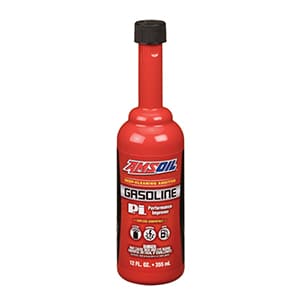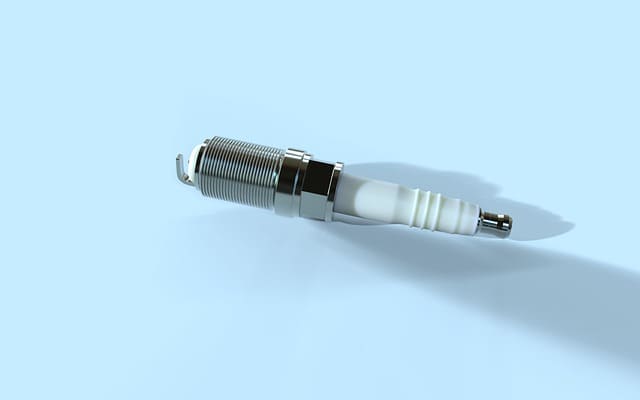Ever wondered how much impact a tiny spark plug has on the vigorous energy your vehicle churns out every day? In this blog post, we’re diving into the dynamic world of spark plugs, comparing new versus old ones, and showcasing just how pivotal these components are for achieving optimal combustion and, as a result, peak performance in your engine. You’ll learn about the integral role these small parts play in your car’s functionality and how modern improvements in spark plug technology can seriously revamp your ride’s efficiency and power.
Understanding the Role of Spark Plugs in Combustion

Spark plugs might seem minuscule, but their role in your engine is anything but small. They’re the stars of the show when it comes to igniting the air/fuel mixture that powers your car.
Initiating Combustion
Imagine spark plugs as the maestros of an orchestra, where instead of music, they orchestrate a perfectly timed explosion. When you turn the key, they spark up a storm, igniting the air/fuel mixture, and boom—your engine comes to life. This spark is a miniature bolt of lightning, essential for the combustion that powers your car.
Voltage Requirements and Spark Generation

But how do these tiny maestros create such a powerful impact? It all boils down to voltage—loads of it. Spark plugs operate with a voltage input ranging typically between 12,000–25,000 volts, which is necessary to ionize the gases and make that critical spark. This high voltage is what allows the spark plug to ignite the fuel and kickstart the engine.
Heat Transfer and Combustion Efficiency
Here’s where it gets even more interesting. Spark plugs need to manage a lot of heat, and they do so through different heat ranges. Cold spark plugs? They transfer heat rapidly. Hot spark plugs? They take it slow, which helps in different driving conditions. This management of heat is crucial for maintaining the efficiency of the combustion process.

Differences Between New Spark Plugs and Old Ones
With advancements in technology, new spark plugs have become far superior to older ones, leading to enhanced combustion and engine efficiency.
Technological Advancements in New Spark Plugs
Today’s spark plugs aren’t just pieces of metal; they’re engineered with precision to improve performance. Modern spark plugs feature advanced materials that withstand extreme conditions better and facilitate efficient combustion, making each trip smoother than the last.
Performance Impact of Upgrading to New Spark Plugs
Thinking of replacing your old spark plugs? You’re in for a treat. New spark plugs can transform your vehicle’s performance—smoother starts, better fuel efficiency, and snappier acceleration. It’s like giving your car a mini-makeover that you can feel with every press of the pedal.

Case Studies and User Experiences
Let’s talk real impact! Here, we delve into actual experiences and studies that illustrate the improvement in vehicle performance with new spark plugs.
Customer Testimonials on Improved Engine Performance
Drivers don’t lie, and many who’ve upgraded to new spark plugs share glowing reviews of enhanced engine responsiveness and fuel efficiency. It’s like their cars have been given a new lease on life!
Comparative Analysis: New vs. Old Spark Plugs Performance
Data speaks volumes, and studies comparing new and old spark plugs show a clear winner. New spark plugs consistently deliver better combustion efficiency, translating to more power and less fuel consumption.

Conclusion
In the end, spark plugs may be small, but they’re mighty. The evolution from old to new spark plugs can significantly impact your car’s performance and efficiency. So, if you’re looking for an easy way to boost your vehicle’s operation, consider upgrading your spark plugs—it might just be the spark your engine needs to feel new again!

